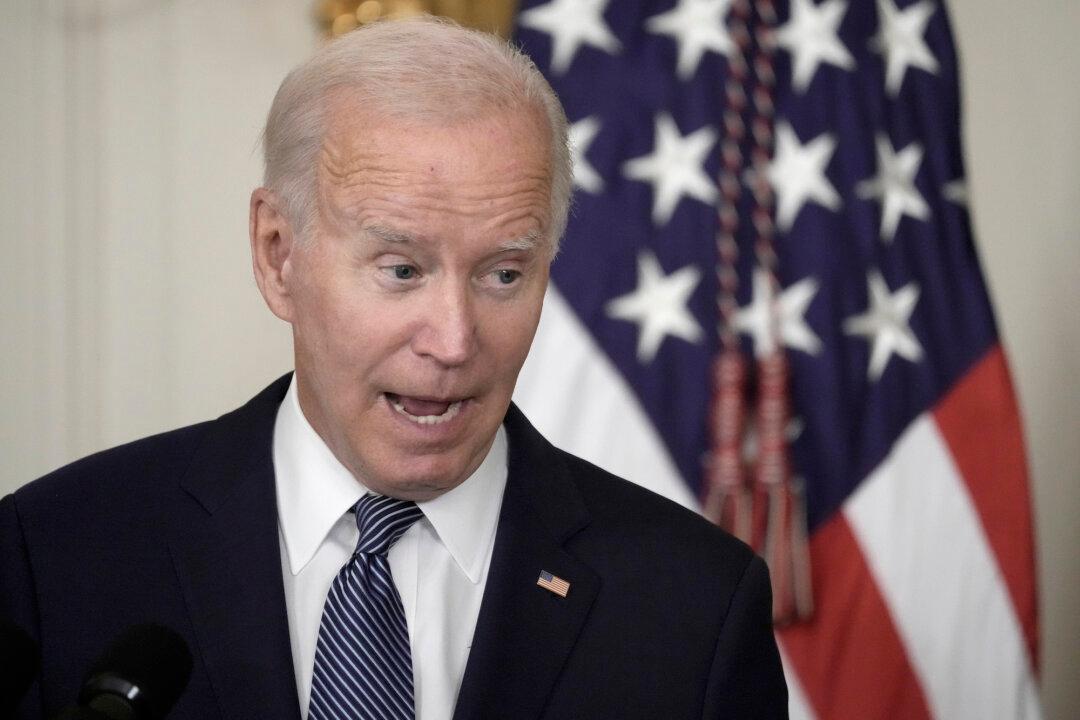President Joe Biden said after signing the Inflation Reduction Act that no Americans making less than $400,000 per year will pay more taxes despite the legislation giving the IRS a massive cash injection for enforcement, prompting a flurry of criticism that Biden’s pledge holds no water and that the tax agency will squeeze middle-income households harder.
Biden said at an Aug. 16 signing ceremony at the White House that the legislation will be one of the “most significant laws in our history” and that households earning less than $400,000 per year will “not pay a penny more” in federal taxes.





